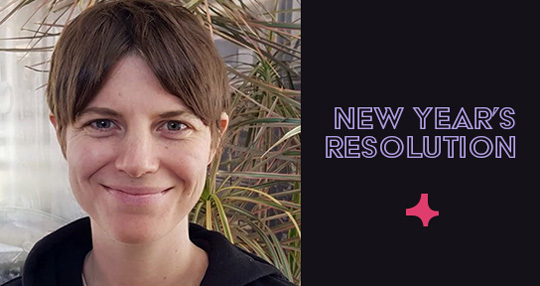Happy New Year! To ring in 2018, we’re showcasing staff members’ New Year’s resolutions. Caitlin O’Neil, Chris Power, Claire Jacobson, and Theophilus Kwek have already submitted theirs to our special New Year edition newsletter (subscribe here if you’re not already on our mailing list). Today, South Africa Editor-at-Large Alice Inggs reckons with the unfinished books on her shelf, resolving to read them before the year is out.
There they stand, with bookmarks at various points of incompletion, like paper tongues sticking out in gentle but persistent mockery: the books on the shelf that I have bought but never read or, to be precise, never finished reading.
It is at least a universal trait, this type of unfinished business, judging by the many part-read books in secondhand stores, marked with a receipt from a now-closed chain of stores, or a faded family photograph, a bubblegum wrapper, or a dog-eared page. Once, midway through a secondhand Elmore Leonard, I even found an airplane ticket—it was from 1982 and marked “non-smoking”.
Why don’t we finish books in which we’ve invested money and time? Why stop halfway like that non-smoking Leonard dabbler? Or on page 120 of 388, like I did with Nobel Prize-winning author Mo Yan‘s Frog? Well, in this case, I packed Frog, a present from Christmas 2014, into a box and only recently rediscovered it, along with several other half-read novels. Is this really an excuse, though? What about the many very visible reads-in-progress on my shelf? I decided to get them out, stack them up, and take their measure. READ MORE…


